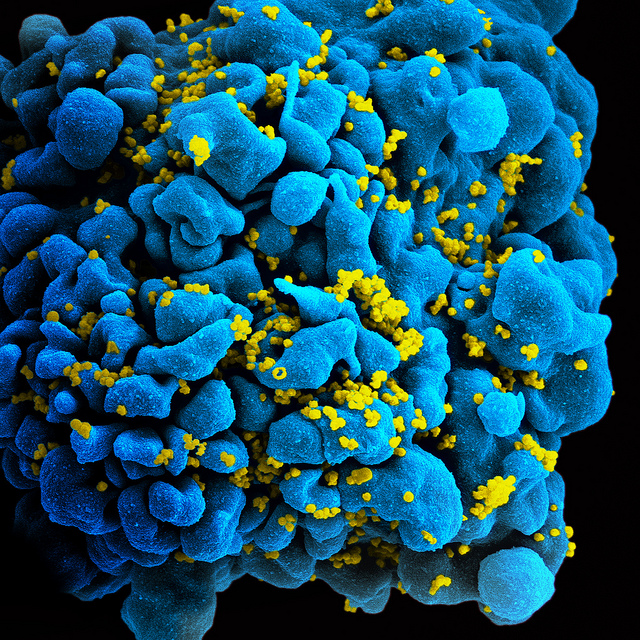HIV and AIDS cure update: Scientists say cure may be available in three years

For years, scientists have been looking for an effective cure for infections caused by the Human Immunodeficiency Virus (HIV). Currently, patients of the disease need to take a lot of different medications to keep the virus at bay. However, in three years' time, a breakthrough cure is believed to become available.
Researchers at Temple University's Lewis Katz School of Medicine in Philadelphia have found out that it's possible to edit the genes to snip the virus away from the body's DNA.
The study, which was recently published in Nature, is still in its preliminary stages, but the researchers are optimistic about its result and human trials are said to start within three years.
According to experts in the U.K, this revolutionary treatment, which has only undergone testing in labs, will be able to cure the body "from the inside." The human immune cells tested in the controlled environment didn't have any changes in other parts of their genetic code.
"The fact that for the first time we have been able to completely eliminate segments of the viral genome in the laboratory demonstrates that we should be able to eliminate it in the human body," Professor Kamel Khalili, lead researcher of the study, told The Telegraph.
More importantly, Khalili pointed out that the gene editing technology can also "protect cells from reinfection and that the technology is safe for the cells, with no toxic effects."
The system is called Crispr/Cas9; it targets the HIV genetic code. Researchers use the protein Cas9 and give it tweaks so it can identify the viral code. Blood is then drawn from an HIV patient; the Cas9 protein will then be added and it will hunt the HIV DNA found in the immune cells. Once it has found its target, the protein releases an enzyme, which eliminates the sequence, thereby taking down the virus.
The result will be healthy modified cells which will be transferred back to the patient through blood transfusion. According to scientists, it will only take 20 percent of the tweaked immune cells to rid the body of the disease.